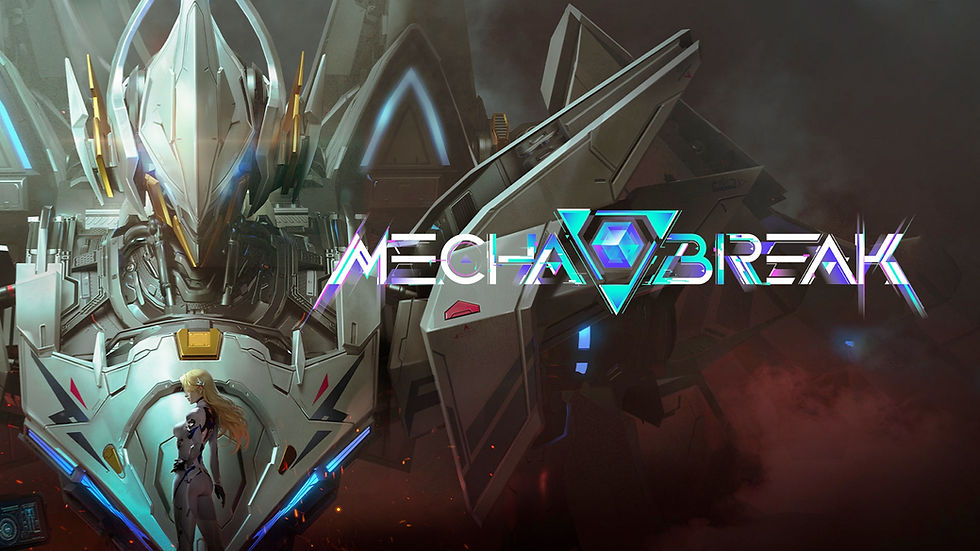The Precinct: Excellent Simulation, Weak Story
- Luunyn

- Jun 27
- 3 min read
The Precinct is the newest game from Fallen Tree Games, a British indie developer also known for American Fugitive and other notable titles on the global stage. Nicknamed by many as the “cop GTA,” the game gained attention from players ever since its announcement years ago. The final product delivers a fun police simulator that aims to tell a simple story with a rather underdeveloped plot.
The game proposes a simulation of police activity, where players take on the role of a rookie cop fresh out of the police academy. Nick Cordell is the protagonist, a newcomer whose father—former police chief—was killed by gangs. As the son of the old chief, Cordell aims to honor his father’s legacy by becoming a worthy officer. To do so, the player must gradually learn all the steps of being a cop, from basic tasks to more advanced duties.
When it comes to the story, The Precinct struggles to deliver consistency. The idea of Nick Cordell as a rookie learning the ropes doesn’t hold up in the narrative or dialogues—it’s only felt in the gameplay. The overall story structure is weak and distant, making complex situations unclear, such as the threat level and hierarchy of the various gangs. Another issue is the plot’s predictability: a city overrun by criminal organizations, with a police force that has lost control. It becomes obvious early on that gang infiltration within the force is inevitable, making a betrayal in the storyline feel expected. Even so, the reveal still lands with some impact by involving a character most players had already dismissed.
In terms of gameplay, the title features a solid simulator that doesn’t abandon arcade elements—crucial for keeping the experience dynamic and engaging. The goal is to simulate police work in all its facets. You’ll perform patrols in multiple formats: cruising in a squad car looking for crimes, issuing speeding tickets, handling traffic violations, or engaging in helicopter chases. The entire approach to suspect interaction and crime analysis is also implemented, delivering a complete and immersive experience—essential for a game of this kind.

The gang system is what truly pushes the story forward. Investigating the criminal groups brings Cordell closer to discovering the truth about his father’s murder. Gathering evidence that leads to gang leaders isn’t particularly challenging—it mostly happens automatically as the player completes tasks during their police shifts. These shifts grant XP, which in turn unlocks new content like police vehicles, patrol types, and weapons. This system is compelling because it interprets XP as career development, seamlessly integrating progression into the narrative. It also helps prevent the chaotic “GTA behavior” some players might expect, encouraging immersion in the role of a real officer instead.
Regarding the game’s resolution and final plot developments, this part falls short due to how it’s handled. The narrative doesn’t build toward the climax with much care, and Cordell’s personal quest for justice isn’t explored with real depth—it just progresses in the background. As a result, the plot twist lacks the weight it could’ve had. Still, the final showdown is satisfying and epic in its own way—fitting for a storybook ending.
Due to the weak narrative structure, the final choice the player must make feels confusing. At no point does the player consider what Nick Cordell himself would do—the decision is purely personal. The real question isn’t about what’s “right,” whether to honor his father’s legacy or not, but rather how poorly the story supports either option. Nick isn’t developed enough as a character to inform the player’s choice through his actions. The final decision feels arbitrary and disconnected—it says more about the player than the protagonist.
The game also has its technical issues, especially in the shooting mechanics. Players often struggle with movement and aiming. These problems likely stem from the isometric camera perspective, which blurs vertical distinctions. Navigating areas with elevation changes and aiming at enemies at different heights becomes a real challenge. It’s not uncommon to die simply because a shot missed during a critical moment. Fixing this isn't easy, and it’s worth noting the game was delayed twice, likely due to these exact issues.
In conclusion, The Precinct is a charming and enjoyable game, but it suffers from structural and narrative shortcomings. It feels like development began with the isometric police simulator concept, and the rest—story, gameplay loops—was tacked on later. There’s no strong central spine holding it all together. The game had great potential, but to reach excellence, it needed to dig deeper into its core ideas and give them the attention they deserved. If that had happened, the final act would have hit much harder. As it stands, it’s a bit disjointed and confused. Maybe a major update could solve some of these problems, but for those who’ve already played through it, this might be as good as it gets.



Comments